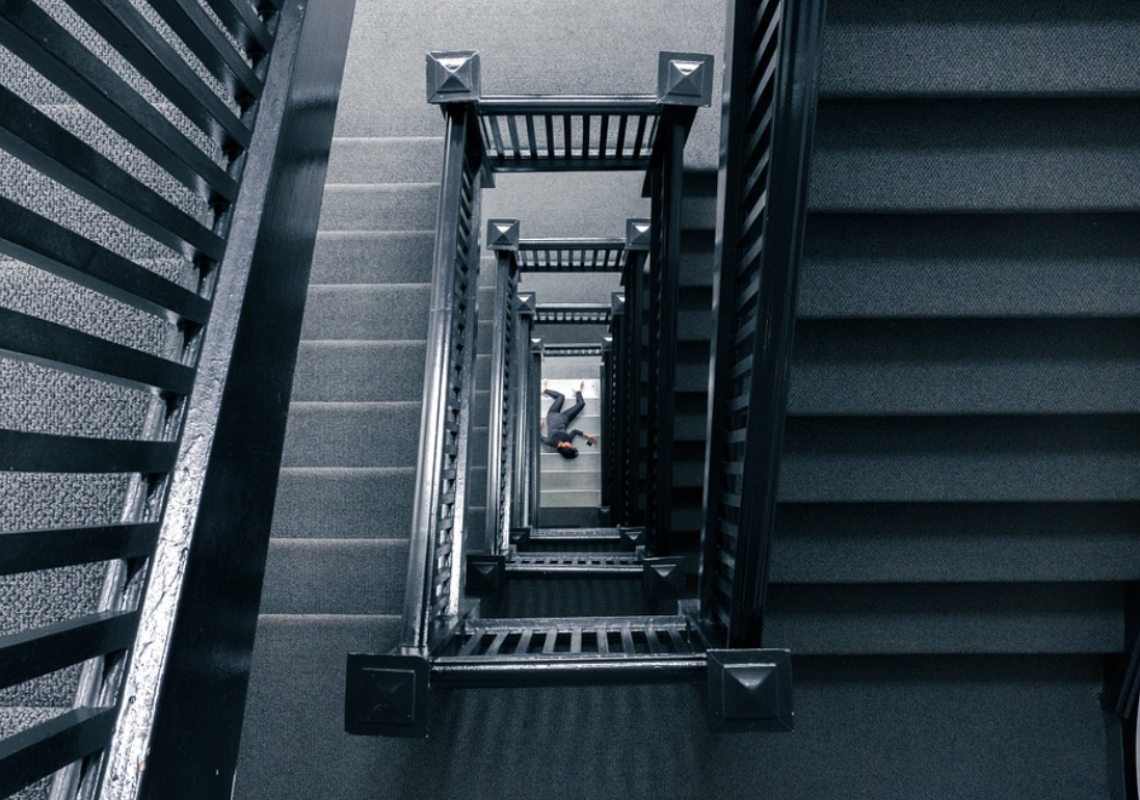Many slip and fall cases settle before going to trial. Nonetheless, you still want to retain the services of an experienced personal injury attorney.
Slipping and falling on another’s property could result in serious injuries. If you have been hurt in an unexpected slip and fall, you might be able to hold the property owner or manager liable for your damages, including medical expenses, lost wages, and other financial losses. However, holding another party liable requires establishing two important elements: the other party was negligent and their negligence caused your injuries.
The process of filing a slip and fall lawsuit might appear to be a mystery. That is why you should retain the services of an experienced personal injury attorney who understands the nuances and challenges associated with a slip and fall case.
Investigating and Evaluating Your Claim
The first step in any lawsuit is investigating the accident. In a slip and fall case, a plaintiff will look to gather witnesses’ testimonies, incident reports, medical records, surveillance footage, and photographs of the accident site. Victims of slip and fall accidents are often in a position to help their case if they could secure some of this evidence immediately following their injury. Once your attorney understands the scope and facts of your case, they will start evaluating your claim.
A crucial part of building a personal injury case is calculating the victim’s losses. First of all, your personal injury lawyer will gather evidence regarding your tangible losses, including medical bills, lost income, prescription medication expenses, lost earning potential, physical therapy, and other out-of-pocket losses arising from the injury. Next, your attorney will work to place a dollar figure on your intangible damages, such as mental anguish, physical suffering, and emotional distress.
Sending a Demand Letter
Before filing a lawsuit, your attorney will likely send a demand letter to the defendant and their insurance carrier. The letter will outline your claim, the evidence to support negligence, and your estimated damages. At this point, an injured slip and fall victim could settle their case with the insurance company without going to court.
Preparing the Complaint
A lawsuit official begins when a complaint is filed and served on the defendant. Therefore, your attorney will draft the initial complaint. A complaint is a legal document that provides a factual description of the accident, the damages requested, and the legal basis for the claim.
Receiving an Answer
A defendant is required to file an answer once they have been served a complaint or risk losing the case. The answer will either deny or admit the allegations that were listed in the complaint. Additionally, the defendant’s answer will set forth the defenses that the defendant is relying upon. Often, a defense attorney will include an allegation that the injury directly resulted from the plaintiff’s careless or reckless conduct.
Discovery Phase and Pre-Trial Motions
The discovery phase allows each party to request evidence, documents, and statements from the opposing party. This is a critical phase of any legal proceeding. However, in a slip and fall case, it is especially important because the defendant is the party with access to the property where the injury occurred. Your attorney could send a formal request for documents, interrogatories, or conduct depositions to help build your case.
Sometimes there are disputes during this portion of the legal process. Your attorney might have to file pre-trial motions to have a judge rule on a point of contention or disagreement. In some cases, a plaintiff could file a motion for summary judgment, alleging that the defendant failed to offer a valid defense. Likewise, the defense could file a motion to have the case dismissed because the complaint failed to raise a valid legal claim.
Settlement Conference and Negotiations
In most cases, a settlement or status conference will be scheduled. At this point, a judge will work with the parties and their legal representatives to come to a settlement instead of proceeding to trial.
Your attorney could also be negotiating with the insurance company throughout this process. It is not uncommon for additional evidence to come to light during the discovery phase. Depending on the strength of the evidence and which party it favors, the insurer or the injured victim could be more open to a settlement instead of risking the outcome at trial.
The Trial
While many cases will settle without going to trial, that is not always the case. If your case goes to trial, each side will present their evidence before a judge or jury. By providing medical records, witness testimony, expert opinions, and other types of evidence, both the plaintiff and defense will look to prove their respective cases.
Once the evidence is presented, a judge or jury will determine fault and the amount of damages awarded. In some cases, an appeal could be filed by the losing side, dragging the process out even longer.
An Experienced Personal Injury Lawyer Will Help You in a Slip and Fall Case
Many slip and fall cases settle before going to trial. Nonetheless, you still want to retain the services of an experienced personal injury attorney. A personal injury attorney will help you understand the strength of your legal case and the value of the potential damages you could reasonably expect to receive. An attorney is also a trained negotiator who has spent hundreds of hours working with insurance companies to reach a fair settlement.
Attorney John Sheehan founded the Law Office of John J. Sheehan in 2007 and dedicated himself to fighting for just compensation for those who were injured in accidents as a result of other’s negligence. If you were injured in in a car accident, on a job site, or anywhere else, you can trust one of the most experienced Boston personal injury lawyers to help you win your case.
Legal Reader is devoted to protecting consumers. We take pride in exposing the hypocrisy of corporations, other organizations, and individuals whose actions put innocent people in harm’s way. We are unapologetic in our dedication to informing the public and unafraid to call out those who are more focused on profits than people’s safety.






